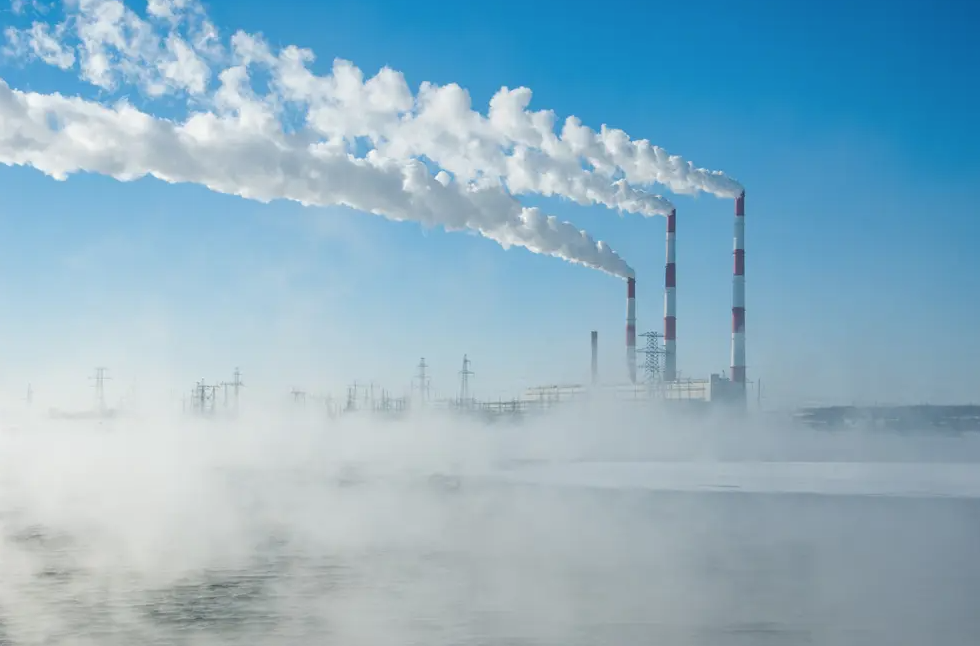The price of carbon reached 100.49 euros per ton
It’s a new record for ETS climate credits, the EU’s emissions trading system. Yesterday for the first time the price of carbon exceeded 100 euros per ton. A figure never reached before, reflecting in part the period’s new energy and climate changes. Reuters specifies that the contract EUA of reference was exchanged yesterday afternoon at the price of 100,49 euros per ton, after reaching a maximum peak of 101,25 euros. And the upward trends, looking at the Trading Economics charts today, seem far from exhausted.
The European Union Exchange System (ETS) obliges large industries, electricity companies and airlines to pay for every ton of carbon dioxide emitted according to a “cape and trade” approach. In detail, companies receive or purchase emission allowances within a maximum limit and are allowed to exchange them among themselves. The price of carbon is therefore linked to the dynamic supply-demand but there are many factors that play a role in the final result, including speculative actions.
Part of the increase is certainly due to the reform of the ETS implemented by the European co-legislators to make pollution “less convenient”. In recent years, the price of carbon had reached insignificant figures. The mass of free quotas introduced by the European Commission in the market had brought down prices up to 5-6 euros per ton, emptying of sense the mechanism.
read also The European ETS reform passes: all the news
But the increase also has a direct impact on the period: with the fall in natural gas prices, many industrial companies are relaunching blocked or curbed activities in 2022 due to prohibitive energy price increases. And purchases by speculators have pushed prices further up. On the market, there is also a possible tightening of climate rules, which is producing a contraction of supply.
However, according to analysts the European carbon price could soon fall below the threshold of 100 euros since the EU has agreed to auction, more EUA permits to help member states raise 20 billion euros with which to subsidize independence from Russian energy.

